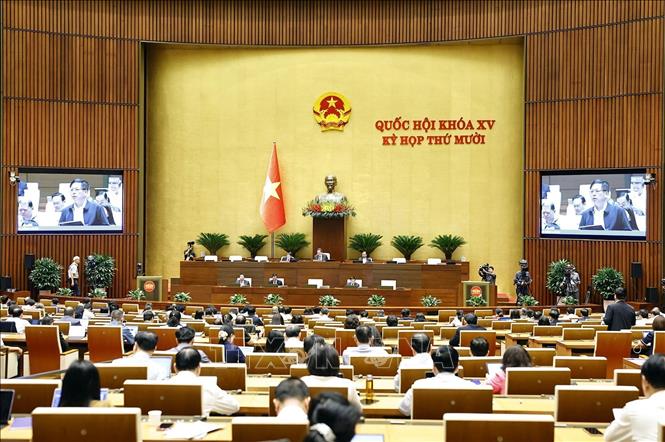
Delegate To Thi Bich Chau ( Ho Chi Minh City Delegation) said that the promulgation of the Law on E-commerce is very necessary, because in the current context, business activities on e-commerce platforms in many countries have become the main form. In Vietnam, this form is also increasingly popular, but current circulars, decrees and legal regulations are still not comprehensive enough, not fully governing the rights and responsibilities of participating parties, including sellers and consumers.
“Therefore, I welcome the National Assembly and the Government for promptly submitting the draft Law on E-commerce for the National Assembly to discuss and consider specific provisions and contents in this session,” delegate To Thi Bich Chau emphasized.
Regarding management, delegates suggested that all information on e-commerce platforms must be transparent. “When I click on an item, I must know the product’s origin, registration date, business license... The clearer it is, the more prestigious the product and the more effective the management will be,” said delegate To Thi Bich Chau.
According to the delegate, these regulations need to be developed from the beginning, and should not be implemented and supplemented at the same time. At the same time, all transactions and administrative procedures from business registration, tax declaration to professional guidance need to be carried out entirely in the electronic environment, minimizing direct meetings. "The less direct contact, the more it demonstrates the professionalism of the administration and shows that we are truly entering a modern digital transformation phase," the delegate emphasized.
Referring to management efficiency, the delegate said that when both the seller and the buyer confirm the successful transaction, the management of input and output, including tax management, product quality and consumer protection, must be fully integrated into the law. “Only then will the law have enough power to govern and ensure enforcement,” the delegate said.
Delegate To Thi Bich Chau also noted that the draft Law and the Government 's report have included content on supporting and creating conditions for disadvantaged groups such as ethnic minorities and people in remote areas to participate in or build e-commerce platforms through tax policies, quick administrative procedures and appropriate support. However, the current scope of support is still not fully covered. "For an ordinary person, starting a business on an e-commerce platform is already very difficult, but for disadvantaged groups, this is even more difficult. Therefore, there needs to be a separate chapter specifically regulating support for starting a business for this group of people," the delegate proposed.
Finally, the delegate emphasized that in the current context, local authorities are organized at two levels (provincial and communal), so the Law on E-Commerce needs to clearly define the roles and responsibilities of each level. "It is necessary to clearly stipulate what the communal-level authorities do and what the provincial-level authorities do, so that when needed, people and businesses do not fall into a state of confusion, not knowing which agency to turn to," delegate To Thi Bich Chau stated.
Delegate Ho Thi Kim Ngan ( Thai Nguyen Delegation) expressed her agreement with the need to promulgate the Law on E-Commerce. However, the delegate said that this field is currently regulated by many different laws, so the construction of the Law needs to be carried out in a specific and detailed manner, while ensuring consistency and avoiding overlap with current legal regulations.
Delegate Ho Thi Kim Ngan also proposed a number of specific contents, including adding regulations on the obligation to provide information when detecting defective goods, not only applying in cases where the seller detects it himself but also when consumers or other organizations and individuals detect it.
Regarding the responsibility of the owner of the e-commerce platform, the delegate proposed adding a regulation that only live streaming of sales content is allowed for goods that are not on the list of prohibited or suspended goods; at the same time, it is necessary to properly implement warning content when livestreaming sales of goods and services that can potentially cause insecurity and adversely affect the life, health and property of buyers.
Regarding the responsibility of livestream sellers, delegates proposed adding a regulation that livestreaming is only allowed for goods that are allowed to be circulated, not on the list of prohibited goods, and must ensure that the products do not affect the health and lives of consumers.
Source: https://baotintuc.vn/thoi-su/hoan-thien-khung-phap-ly-thuong-mai-dien-tu-can-minh-bach-thuc-chat-20251112190442316.htm



![[Photo] The "scars" of Da Nang's mountains and forests after storms and floods](https://vphoto.vietnam.vn/thumb/1200x675/vietnam/resource/IMAGE/2025/11/13/1762996564834_sl8-jpg.webp)






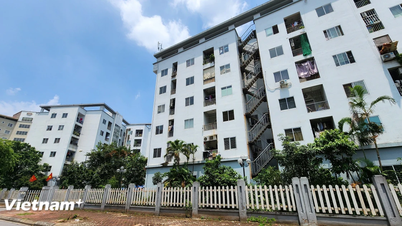







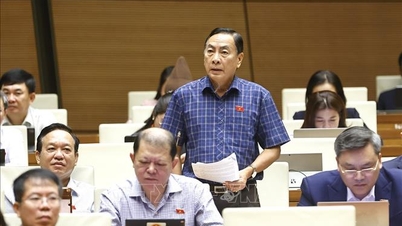


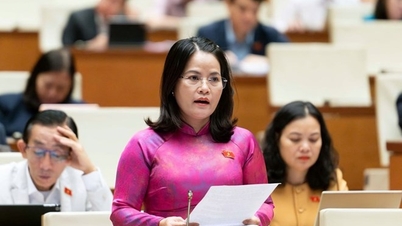

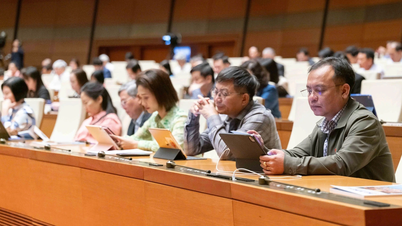


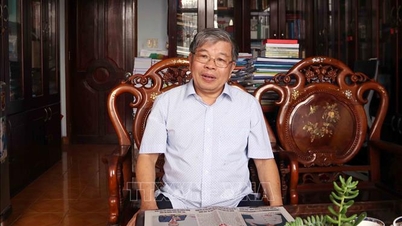






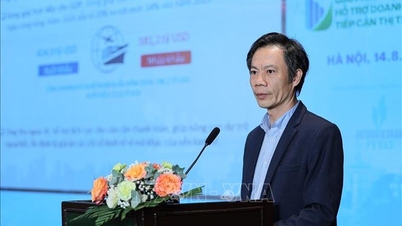
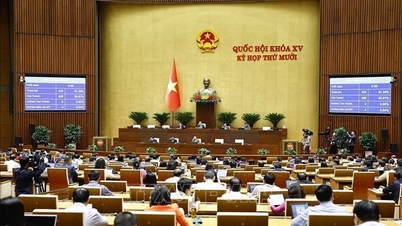

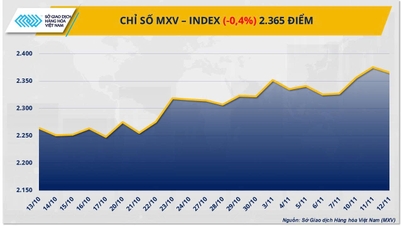


![[Photo] Prime Minister Pham Minh Chinh attends a conference to review one year of deploying forces to participate in protecting security and order at the grassroots level.](https://vphoto.vietnam.vn/thumb/1200x675/vietnam/resource/IMAGE/2025/11/12/1762957553775_dsc-2379-jpg.webp)














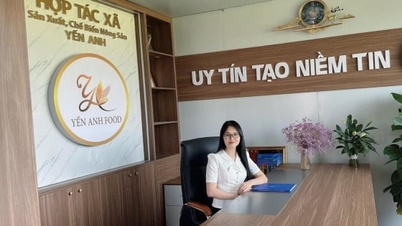




































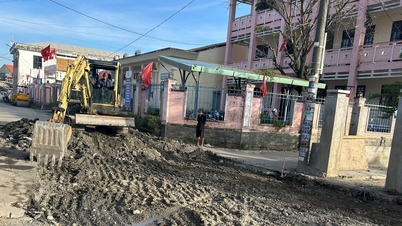









![Dong Nai OCOP transition: [Article 3] Linking tourism with OCOP product consumption](https://vphoto.vietnam.vn/thumb/402x226/vietnam/resource/IMAGE/2025/11/10/1762739199309_1324-2740-7_n-162543_981.jpeg)








Comment (0)